Readaloud of the Week: Karlson on the Roof
In brief: Eric wants a dog; instead, he gets Karlson, a grumpy man who flies around with his propellor making mischief.
What makes it a great readaloud? Karlson is utterly unlikable—in the great trickster tradition, he wreaks havoc (and usually leaves a mess) wherever he goes. The gently interconnected stories are weird and often hilarious, and 7-year-old Eric (also known as Smidge or Little Brother, depending on your translation) is charming protagonist.
But be aware: Karlson is a grouchy trouble-maker and may not appeal to every reader.
HSL Book Deal of the Day 5.20.17: A Curious Tale of the In-Between
We reviewed this eerie middle grades ghost story when it first came out: A girl who can talk to ghosts makes her first real-live friend, and they quickly bond over the fact that they both have lost parents. She's never been happier—but her ghost-talking talent has been noticed by dangerous people, and her real and ghostly friends will have to team up if they want to save her. This is definitely more spooky and atmospheric than your typical middle grades novel, but kids who like that kind of story will be entranced by the adventures of Pram, Felix, and Clarence.
We're highlighting our picks for best book deal of the day on the blog, but you can always find our favorite Kindle book deals here.
New Books: In the Shadow of Liberty: The Hidden History of Slavery, Four Presidents, and Five Black Lives
The question that always comes up when we’re talking about people like the Founding Fathers is this one: How could the people whose legacy is the freedom and democracy established by the Declaration of Independence and the U.S. Constitution keep slaves? This book doesn’t attempt to answer that unanswerable question. Instead, it shines a spotlight on some of the people enslaved by these heroes of early U.S. history—which, in the case of this well-researched and utterly compelling collection of mini biographies, feels like the only reasonable way to approach this not-so-beautiful piece of our history.
Davis focuses on the lives of five enslaved people (he specifically avoids calling them slaves because of the way that word can dehumanize people by reducing them to property): Billy Lee, who was George Washington’s valet; Ona Judge, another enslaved member of Washington’s household who the family pursued aggressively when she escaped to freedom; Isaac Granger, a skilled metal worked owned by Thomas Jefferson and given by him, along with the rest of the Granger family, to his daughter as a wedding present; Paul Jennings, who served as James Madison’s valet, and Alfred Jackson, who was an enslaved person owned by Andrew Jackson’s family. At first, these may seem like stories of ordinary, everyday people, but that’s the point: For every person like Billy Lee who left more than a bill of purchase in the annals of history, there are hundreds, maybe thousands, whose stories we just don’t know. Davis does a great job piecing together the scraps of available history into narratives that capture the experience of being a slave in the early days of the United States. Some of it is really hard to read—Washington’s dogged pursuit of his escaped slave stood out for me—but these feel like stories that need to be told. I also appreciated that Davis addresses upfront the problem of history and enslaved people—namely, that slaves are not likely to speak ill of masters with the power of life and death over them and that chroniclers of enslaved people might have had a tendency to pick and choose what they included in their narratives, often biasing their work toward positive comments.
This book isn’t a hatchet job on our Founding Fathers, but it does point out the inherent contradictions between their ideal of democracy and their pragmatic approach to slavery in their own lives. I think this should be on every middle grades and high school U.S. history reading list. I had a few problems with the book—the author has a tendency to talk down to his audience and overexplain, which got in the way for me sometimes—but on the whole, it’s an excellent read on an important subject and well worth adding to your library hold list, stat.
HSL Book Deal of the Day 5.19.17: Brave New World Audiobook
Huxley's dystopian future has always seemed more eerily possible to me than Orwell's darker totalitarian take: No one who's consumed reality television can doubt the power of pleasure and social pressure when it comes to making people do what you want. Just in time for your summer road trip listening, this audiobook version (read by Michael York) is bargain-priced.
We're highlighting our picks for best book deal of the day on the blog, but you can always find our favorite Kindle book deals here.
Stuff We Like :: 5.19.17
Can we just all pretend that the whole Anne-with-an-E thing isn’t happening?
around the web
There’s some solid advice here: How to read aloud to a child who won’t sit still
I’m totally counting down the days to the new Twin Peaks (and obsessively listening to the soundtrack), so I found this piece on the real-life murder that inspired the original show fascinating.
Another reason to play Library Chicken: People who read books are nicer.
I’m always trying to explain to my kids that the idea of a totally objective history curriculum is impossible because we’re always reading the facts from a subjective place. Maybe this is especially true with U.S. history.
And just a little post-Mother’s Day reminder that motherhood is hard, especially if you are medieval royalty.
This will totally be the best part of your week. (I know I’m blind teasing, but please click on it anyway—you will not be sorry, and no words can capture the joy.)
at home/school/life
on the blog: We’re so thrilled to welcome Beverly and Nanette to the blogging team! (And you get to meet Maggie next week!)
one year ago: 9 Books for Latino Book Month
two years ago: How can I help my student focus?
reading list
I scored a bunch of cheap Agatha Christies when they were on sale earlier this week, so I’ve been rereading some of those that I haven’t read for years: Five Little Pigs (which struck me as so sad this time around), Sleeping Murder, and Death in the Clouds (which I had forgotten completely and so I got to be very pleased with myself for figuring out who the murderer was using the Least Likely Suspect method).
I’ve got my AP English students reading All the King’s Men this summer, so I’m rereading it myself. It feels like the right time to pull out this complex and nuanced political novel that eschews anything resembling an easy answer.
I totally lost at Library Chicken this week—I had to return two books unread, and everything I actually read was either 1. on my Kindle or 2. an advance copy. I did read a very fun middle grades-ish book called The World’s Greatest Chocolate Covered Pork Chops, though—look for a review in a few weeks.
in the kitchen
These tostadas are delicious, whatever they actually want to be.
Officially adding this to our Easy Breakfast file. (My kids will eat anything baked in a mug.)
Not a cookie, but close enough, right?: Cream cheese poundcake with citrus glaze
at home
Oooh, the newest season of Sherlock is on Netflix. I know what I’ll be doing this weekend.
Before we got a dog, I was like, eh, dogs are fine. Now I’m more like “Oh, small furry ruler, how can I serve you today?”
Sponsored Post: Learning and the Natural World with Oak Meadow
Through May 29, save 20% in the Oak Meadow bookstore and 10% on Oak Meadow enrollment. It's not always easy to find totally secular homeschool materials, and Oak Meadow's materials aren't just secular—they're also hands-on, engaging, and fun to use with your kids.
Spending time in nature can lead to some of the most enjoyable and profound learning experiences. Nature-based learning touches on and connects every academic discipline imaginable while enlivening the senses and invigorating the body. It encourages curiosity and inquiry, exploration and experimentation, while the mind catalogs, analyzes, and compares. Homeschoolers are in a unique position to take full advantage of the learning opportunities that present themselves right outside the door. Families who discover Oak Meadow homeschooling curriculum find curriculum materials that actively support and encourage a close connection with nature.
The lessons that nature has to teach us are never ending. Being immersed in the natural flow of plant and animal life cycles, weather patterns, seasons, and the intricate dance connecting everything helps us find our own balance in the flow of life.
It’s not surprising that children who play outside are healthier mentally, emotionally, and physically. Human beings have spent nearly the entirety of our existence outside. Our connection to the natural world is so profound that when we are deprived of it, it’s no surprise that we don’t fare well. More and more adults are recognizing the importance of outdoor play for children, and the value of unstructured nature-based explorations. In addition to this shift to include nature-based activity or “green exercise,” teachers and parents, environmentalists, and policy-makers have realized that outdoor play and nature-based learning leads children toward a sense of environmental stewardship. Simply put, connecting with nature means appreciating nature and wanting to take care of it.
Getting children back to nature is easy, fun, and beneficial in every way. And it seems
the simpler the outdoor play, the better. Letting children loose with nothing more than a stick and a pile of dirt is about the nicest thing we can do for them.
Getting Back to Nature, Plain and Simple
Simple is almost always better when children play outdoors. The most elaborate playground or climbing structure can pale in comparison to a stream in the woods. Going to the beach with a bucket and shovel (and sometimes not even that much!) can provide hours of absolute absorption in play for children of all ages. But what if you don’t have time or access to the forest or beach? No worries—just stepping out your back door can be the start of an outdoor adventure. A small crack in the sidewalk can be a fascinating study of the industry of an ant colony and the tenacity of a weed. You don’t need to be a scientific expert to point out insects, bees, spider webs, and dandelions, or to discuss the difference between a pine tree and an oak. Collecting acorns and pinecones can reveal all sorts of interesting shapes, smells, and textures, and lead to endless explorations.
Photo courtesy of Oak Meadow
Hands-on outdoor learning is inquiry-based and self-directed, and nurtures a child’s curiosity, creativity and sense of wonder. As long as children are provided with time for unstructured play in a natural setting, meaningful learning will take place. Sharing your love and enthusiasm for the outdoors is the best way to bring nature learning into the lives of your children.
If your child hasn’t spent much time outdoors, be prepared to start small. The crack in the sidewalk is always a good place to start. Collecting sticks and building a little teepee is another simple way to get a child who is timid outdoors to start getting his hands dirty. Collecting rocks, shells, nuts, or just about anything will appeal to most children, and it’s just a small step from there to building and decorating a tiny, magical fairy house or woodland dwelling.
Here a few more tips for bringing the outdoors into your day.
- Go outside early in the day (and often!)
- Eat snacks or meals outside
- Devote a section of your yard to dirt or sand play
- Plant a bean teepee large enough to play inside
- Make a living fort by trimming the bottom branches from bushes to make a crawl space
- Make a row or circle of stumps (burying them in the ground partway makes them more stable)
- Make a mud pit and enjoy the slippery, oozy possibilities
- Create sculptures from natural materials (with a little imagination, a cluster of rock towers can look like a wise council of elders)
Child-Led Discovery
Sometimes it is tempting to become a bit too involved in a child’s outdoor play. There is something irresistibly appealing about a sand pile or a fairy house. However, it is important to allow children the time and space to explore on their own. This self-directed, unstructured play often yields the richest rewards. So try to resist the urge to get your children interested in your idea. Let them make their own discoveries, and allow them to make their own mistakes. Just because they aren’t doing something in the most efficient manner doesn’t mean it’s not right. We all learn from experience, and faster is not always better.
Be playful and curious, be interested and excited, but above all, respect the rich inner life of the child’s play. There is something very peaceful about creating a nature scene or just exploring the natural environment. Don’t force conversation. Sometimes it isn’t necessary to talk about a creative experience. Connecting with nature can be a very personal experience, and one that builds intricate and complex ways of understanding the world. By attuning to your child’s attitude, you will probably be able to easily feel when it is right to just let her be.
While educators (homeschooling parents and professionals alike) are perpetually open to the teachable moment, unstructured outdoor play is often a good time to let the teachable moment pass without comment. Trust that the learning process is in full sail without your guidance. There will be another time to give suggestions, instructions, information and advice. For now, just enjoy the beauty of nature’s classroom.
This post is excerpted from The Heart of Learning, written by Lawrence Williams, Oak Meadow’s founder, president, and a pioneer in homeschooling and distance learning. Its timeless lessons have informed homeschooling families for four decades.
HSL Book Deal of the Day 5.18.17: Kindred: A Graphic Novel
Wow, wow, wow. OK, all on its own, Kindred—Butler's time-traveling novel in which a black woman in 1970s California is transported through time and space to antebellum Maryland, where she connects with her family's enslaved history, is dark and complicated and brilliant, but this graphic novel adaptation truly does the book justice. This is not an easy book to read—it asks hard questions about slavery, racism, and violence (especially violence against women), and it does not offer easy answers. It should be on your teenager's reading list for sure.
We're highlighting our picks for best book deal of the day on the blog, but you can always find our favorite Kindle book deals here.
At Home with the Editors: Amy's 3rd Grade Reading List
I’ve gotten a few emails about this, so here’s an annotated list of what I read with my 3rd grader this year. (Here’s what we used for curriculum if you want more context.) My son is not in love with reading, so we read most of these together. We always start the day with a readaloud, readalouds figure largely into our learning routine, and we have a bedtime readaloud, so it looks like a longer list than it actually feels like. I’m including books we read as part of our studies and books we read together for fun, but I’m not including textbooks.
Tennis Shoes by Noel Streatfeild
Just what you'd expect from a Streatfeild book: A family with a small budget and big dreams finds success, this time on the tennis courts.
Chocolate: Sweet Science & Dark Secrets of the World's Favorite Treat by Kay Frydenborg
This book about the science and history of chocolate was so much fun to read—and it gave us an excuse to kick off the year with a chocolate taste test, so that was a pretty big plus.
Math Curse by Jon Scieszka and Lane Smith
My son checked this out of the library so many times that I bought him his own copy. He thought it was hilarious.
George and Martha by James Marshall
I don't worry about reading levels, so I was just thrilled that my son had found a book he was interested in reading. But I think this little collection of short stories is so witty and charming, it should really be on more reading lists. We both loved it. (How did I miss it as a kid?)
The Stories Julian Tells by Ann Cameron
Fun readaloud about a boy who loves to spin tall tales.
The Hobbit by J.R.R. Tolkien
I almost didn't read this with my son because we've read it before, but I really do want to encourage my children to be rereaders as well as readers. Reading it again actually turned out to be great—my son's such a better reader now, and he really got into the story and the vocabulary. (*BYL)
No Flying in the House by Betty Brock
Because we will read any story if it has a magical dog in it. (This one is really cute, though.)
Poetry for Young People: Emily Dickinson
I love these little poetry collections, and we really enjoyed reading Emily Dickinson together. I'm always kind of torn about explanatory prefaces to poetry, which I think can give people the idea that there's a right way to read something, but these are really well done and do a good job pointing out things to look for without implying that they're the only things to look for, if that makes sense. My son picked several of her nature poems for his weekly recitations this year. (*BYL)
Shiloh by Phyllis Reynolds Naylor
I guess it's not just magical dogs—we'll read any book about dogs, period. This one is full of interesting talking points.
Action Jackson by Jan Greenberg
I don't remember why we started looking at Jackson Pollack paintings (probably somebody made a mess painting?), but we had a whole Pollack period earlier this year. This biography was really cool, and I love that it used Pollack's own words.
Ben and Me: An Astonishing Life of Ben Franklin by His Good Mouse Amos by Robert Lawson
I've always loved this book—the story of Franklin and, by extension, the early history of the United States told from a mouse's perspective—but my son was not impressed. Getting through this was a struggle. (*BYL)
Wolf Story by William McCleery
I love, love, love this book, and I was so glad my son loved it, too.
Sideways Stories from Wayside School by Louis Sachar
Really, pretty much a perfect book. I lured him in with Sideways Arithmetic (because he'll read anything about math), but this was one of his favorite books. I sometimes catch him rereading it. (I also sometimes catch his big sister rereading it. And me. I reread it, too.)
Indian Captive: The Story of Mary Jemison by Lois Lenski
Lenski does a great job here giving a balanced, nuanced, and (mostly) historically accurate view of Seneca life through the eyes of a (real) girl who was adopted by the Seneca after her family was killed by one of their raids. It's kind of heartening to think that it was published in the 1940s. (*BYL)
The BFG by Roald Dahl
I was pretty sure we'd done this one as a readaloud already, but he must have been too little to remember. It's never bad to go back to Roald Dahl, though, and we had to read it before we watched the movie!
Frindle by Andrew Clements
My son gave this five out of five stars.
Tales of a Fourth Grade Nothing by Judy Blume
Fudge's mayhem both delighted and stressed out my not-at-all-mayhem-inclined son. He wanted to read the next book immediately.
Superfudge by Judy Blume
See above.
Squids Will Be Squids by Jon Scieszka
My son is always looking for excuses to put this book on our reading list. I don't mind.
The Worm by Elise Gravel
We love the Disgusting Critters series! For science this year, we did several worm-related projects, and this was a fun book to go along with them.
The Sign of the Beaver by Elizabeth George
We listened to this as an audiobook. It's never really been my favorite book, but my son enjoyed it more than I ever have. (*BYL)
The Greedy Triangle by Marilyn Burns
Such a fun book! A triangle decides he wants to add some extra angles in this light introduction to basic polygons.
Lunch Lady and the Cyborg Substitute by Jarrett J. Krosoczka
Silly fun. Cauliflower!
A Week in the Woods by Andrew Clements
I thought this one would be a slam dunk since he loved Frindle so much, but he never really got into it. (*BYL)
What's New? The Zoo: A Zippy History of Zoos by Kathleen Krull
I found this on a list of recommended science books, and it turned out to so interesting. It's a history of zoos, from ancient Sumeria and China to the modern day.
Professor Astro Cat’s Frontiers of Space by Dr. Dominic Walliman
We would have checked this one out just for the title, but it turned out to be a pretty engaging book about space.
Math-terpieces by Greg Tang
Somehow we missed this Greg Tang book, so we were pleased to discover it. If you have a kid who loves math, definitely put all of Tang's books on your library list.
Sit In: How Four Friends Stood Up by Sitting Down by Andrea Davis Pinkney
I snagged this for Black History Month, and it's great for that, too, but honestly, its message of creating change through nonviolence was just what I wanted my kids to have right now.
Henry's Freedom Box: A True Story from the Underground Railroad by Ellen Levine and Kadir Nelson
Otherwise Known as Sheila the Great by Judy Blume
Sadly, not a hit. Sheila just couldn't live up to the Peter/Fudge/Tootsie legacy.
The People Could Fly by Virginia Hamilton
Eyewitness Explorer: Nature Ranger
I had almost forgotten about this book (which I guess is the point of book lists in the first place). It was great! It had really fun hands-on nature activities, like building a moth trap and making your own rainbow.
G Is for Googol by David M. Schwartz
We both loved this witty math primer. ("W" is for "When are we ever gonna use this stuff, anyway?")
My Brother Sam Is Dead by James Lincoln Collier
I remembered this book from my own elementary school days as being kind of depressing and slow, and rereading it did not change my perspective. We didn't actually finish it. (*BYL)
Encyclopedia Brown, Boy Detective by Donald J. Sobol
My son loved guessing the solutions to the mysteries. In fact, he liked this book so much, he went on to check out all the books in the series that our library has in its collection.
Ruth and the Green Book by Calvin Alexander Ramsey
I love when you learn something new from a book! I did not know about the Green Book, a book that told African American travelers in the 1950s which restaurants, gas stations, etc., on major routes weren't racist.
Johnny Tremain by Esther Hoskins Forbes
This is pretty much classic historical fiction about the Revolutionary War. (*BYL)
Magnificent Minds: 16 Pioneering Women in Science and Medicine by Pendred Noyce
This was such a cool book—it included new information about women in science we already knew (I did not know that Florence Nightingale was one of the pioneers in using statistics as a tool for public health) and information about women we were almost totally unfamiliar with.
Terrible Typhoid Mary by Susan Campbell Bartoletti
My son became really interested in infections when our homeschool group got hit hard by a bug this winter, and I picked up this book about one of the most notorious infections of all time at the library. This was a pleasantly complex book that went into the science of pathology but also the legal and social issues at the center of her case. Really interesting!
Snowflake Bentley by Jacqueline Briggs Martin
Lovely picture book—a nice accompaniment to nature journaling.
George vs. George: The American Revolution Seen from Both Sides by Rosalyn Schanzer
This book was a great tool for stimulating conversation about perspective—it's always important and interesting to look at who is telling a story and what biases they might be bringing to the telling. Plus you can make people listen to the Hamilton soundtrack when you are reading it. (*BYL)
The Sherwood Ring by Elizabeth Marie Pope
Not a hit—I think the love story was just not interesting to my son. (*BYL)
The True Story of the Three Little Pigs by Jon Scieszka
Laugh-out-loud hilarious. Like Squids Will Be Squids, this book really inspired my son to make up his own stories.
Mummy Math: An Adventure in Geometry by Cindy Neuschwander
My son will read pretty much any book about math and any book about mummies, so it wasn't surprising when he grabbed this at the library.
11 Experiments that Failed by Jenny Offill
Fun, funny, absolutely terrific book about the scientific method.
Peter Pan by J.M. Barrie
A classic. “It is not in doing what you like, but in liking what you do that is the secret of happiness.”
My Side of the Mountain by Jean Craighead George
My son was completely captivated by Sam's adventures living in the wilderness. (*BYL)
Fever 1793 by Laurie Halse Anderson
We didn't plan on this as a follow-up to Typhoid Mary, but they actually went really well together—and I think the connection made my son much more engaged with this book than he might have been otherwise. (*BYL)
Mischievous Meg by Astrid Lindgren
Lovely readaloud.
Bunnicula by James and Deborah Howe
This was one of my daughter's favorite books, so she was thrilled when her brother loved it, too. But really, a story about a vegetarian vampire bunny rabbit kinda sells itself.
Living Sunlight: How Plants Bring the Earth to Life by Molly Bang and Penny Chisholm
Lovely science picture book.
The Wonderful Adventure of Nils by Selma Lagerlof
A quirky Swedish tale of tiny boy who explores the world riding on the back of goose written by a Nobel Prize-winning author.
Where the Sidewalk Ends by Shel Silverstein
We've read bits and pieces, of course, but this is the first time we read this cover-to-cover together. Not the last, though, I bet.
Dogku by Andrew Clements
Dogs + haiku. If there was ever a literary sure thing for my 3rd grader, this is it.
A Black Hole Is Not a Hole by Carolyn Cinami DeCristofano
Terrific science book—I love that it includes real telescopic images.
Secrets of the Garden: Food Chains and the Food Web in Our Backyard by Kathleen Weidner Zoehfeld
I found this book when I was looking for something about the food web for our nature studies.
The New Kid on the Block by Jack Prelutsky
One of our favorite collections of silly poetry.
The Wolves of Willoughby Chase by Joan Aiken
I love this book, which is a little like A Series of Unfortunate Events (though it was written long before that)—two orphans must survive an evil governess in alternate England where wolves roam the countryside. (*BYL)
The Celery Stalks at Midnight by James Howe
Continuing the Bunnicula saga. This series is definitely one of our readaloud faves.
Nothing But the Truth by Avi
Probably like everyone else, we've been talking a lot about politics this year, and this book added to the conversation in some interesting ways. It's about a conflict between a student and teacher that spirals out of control with a little help from the media, and it's almost guaranteed to trigger some interesting discussion.
Ada Byron Lovelace and the Thinking Machine by Laurie Wallmark
Ada Lovelace is so cool. (I was reading the Colors of Madeleine books on my own when we read this, and since Lovelace and her dad play a role in those books, it was fun to read more about her here.
Karlson on the Roof by Astrid Lindgren
A fun readaloud from the creator of Pippi Longstocking.
Calico Bush by Rachel Field
We picked this up during our conversation about indentured servants in the colonial world—it's one of those subjects that really comes to life with a living book.
Frog Song by Brenda Z. Guiberson
A great nature journal read.
American Tale Tales by Mary Pope Osborne
Fine but not exactly diverse. (*BYL)
Anno’s Math Games 3
We've loved all the books in this series. Highly recommended if you have a math-y kid.
Birdology: 30 Activities and Observations for Exploring the World of Birds by Monica Russo
This book was great for nature study. My son was really into have specific activities for nature journaling this year, and this book had some good ideas.
Minn of the Mississippi by Holling C. Holling
Don't be fooled by its picture book exterior: This chronicle of the Mississippi River Valley (told from the perspective of a snapping turtle) covers history, biology, anthropology, geology and more.
Butterfly House by Eve Bunting
Another nature journal read—this one was a little mushy-gushy for us.
Dandelions by Eve Bunting
I loved the way this book captured both the vastness and the isolation of pioneer life with a fairly simple story.
Skating Shoes by Noel Streatfeild
Probably my son's least favorite Streatfeild, which is a shame because it was the last of the shoes series we hadn't read.
So many Geronimo Stilton books that I am not even going to try to list them individually
Ada Twist, Scientist by Andrea Beaty
We loved this picture book about a little girl living the science life (which often involves making messes as she experiments and tests hypotheses).
How We Crossed the West: The Adventures of Lewis and Clark by Rosalyn Schanzer
I have read SO MUCH about Lewis and Clark this year (partly because I am currently obsessed with Meriwether Lewis), but this is a good, engaging introduction to their expedition. I liked that it uses excerpts from the explorers' journals. (*BYL)
Old Possum’s Book of Practical Cats by T.S. Eliot
One of my all-time favorite readalouds. Both my kids have memorized "Macavity the Mystery Cat," and we often recite it (dramatically!) when we are stuck in traffic.
Rachel’s Journal by Marissa Moss
This scrapbook-style book about life on the Oregon Trail was a favorite of my daughter's, so I had a copy to pull out for our pioneer studies.
The Quilt-Block History of Pioneer Days by Mary Cobb
If you are studying pioneer history and enjoy crafty art projects, I cannot recommend this book enough. It explores pioneer history through the quilts people made, and it comes with ideas for paper quilting crafts. Really fun.
Justin Morgan Had a Horse by Marguerite Henry
My animal-loving son really enjoyed this book. (*BYL)
Daily Life in a Covered Wagon by Paul Erickson
This book has excerpts from letters and diaries and photos of actual tools and artifacts from wagon trail times. We really enjoyed it, and the specific details were fascinating.
Our Only May Amelia by Jennifer L. Holm
Historical fiction based on the life of the author's real life great aunt, a Finnish settler in Washington state at the turn of the 20th century.
Which Way to the Wild West? by Steve Sheinkin
This is pretty typical Sheinkin, and that's always a good thing. I think this would be a great book to read at the start of a pioneer unit study, and it was great for that chunk of our U.S. history study, too.
Razia and the Pesky Presents by Natasha Sharma
Awesome book recommendation that came from a diverse books reading list.
They’re Off! The Story of the Pony Express by Cheryl Harness
We wanted to know more about the Pony Express, so we checked out this book. It was fine—I appreciated that it touched on the political and economic issues at play—but I suspect there might be better books.
The Wonderful Story of Henry Sugar by Roald Dahl
Fun readaloud.
The Green Book by Jill Paton Walsh
I thought my son would totally dig this book—pioneers on a new planet!—but he just thought it was OK. (*BYL)
Caddie Woodlawn by Carol Ryrie Brink
I am pretty much always looking for an excuse to read this.
The Evolution of Calpurnia Tate by Jacqueline Kelly
Such a great book, and it made a really nice counterpoint to Tom Sawyer.
The Adventures of Tom Sawyer by Mark Twain
OK, but I hate Tom Sawyer (the character, not the book) SO MUCH, and I was reading Huckleberry Finn at the same time and just being furious about how TERRIBLE Tom Sawyer is at the end of that book. (*BYL)
The Pushcart War by Jean Merrill
More people should read this! It's so funny and charming.
Fannie in the Kitchen: The Whole Story from Soup to Nuts of How Fannie Farmer Invented Recipes with Precise Measurements by Deborah Hopkinson
We love cooking together, and I thought this book was a great introduction to why recipes matter.
By the Great Horn Spoon by Sid Fleischman
We'd read this before, but we were happy to read it again. (*BYL)
Poetry for Young People: Walt Whitman
(*BYL)
I was surprised by how much my son enjoyed Whitman. Pleasantly surprised but surprised!
Brady by Jean Fritz
Solid historical fiction about the Underground Railroad. (*BYL)
(We homeschool year-round, so I just picked the date I started this list as the cutting-off point.)
(*BYL) : This indicates books that are part of the Build Your Library reading list we used this year
HSL Book Deal of the Day 5.17.17: Diary of a Wimpy Kid
In this web comic-turned-novel in cartoons, 7th grader Greg Heffley recounts the trials and tribulations of middle school life in his definitely-not-a-diary. Think of it as a hybrid novel-slash-comic book, and enjoy the delightfully goofy humor. This book isn't intellectually challenging, but it can be a great door-opener for reluctant readers. (In fact, it can be such a lightbulb book that we have people regularly asking us what to read next.)
We're highlighting our picks for best book deal of the day on the blog, but you can always find our favorite Kindle book deals here.
Podcasts for the People: Myths and Legends
[It's such a pleasure to welcome Nanette Jula to the HSL blogging team! Nanette's a passionate podcast listener who will be sharing some of her favorite podcasts in this space. —Amy]
I will forever picture the Black Hills of South Dakota when I hear Harry Potter and we still laugh about the fact that I had to pull over on I-78 while listening to The Mysterious Journey of Edward Tulane because I could not see through my tears, one sob away from crashing the car. Audiobooks and road trips go together like peanut butter and dark chocolate, but for our around-the-town carschooling, I rely on podcasts. The right podcast is engaging, informative, and bite-sized. It can delve deeper into a current interest or it can light a spark, introducing you to something you didn’t know existed and igniting a new love.
And so, without further ado, I present to you... Podcasts for the People, a monthly-ish review of podcasts that will make your commute more educational and more enjoyable.
What has a Korean fox-demon, Vikings, a boot-wearing cat, and appeals to everyone from 6 to 96? It’s Myths and Legends, a podcast brought to you from the mind of Jason Weiser. “Some are incredibly popular stories you think you know, but with surprising origins. Others are stories you might not have heard but really should.” Jason compiles different versions of the same classic story, infuses it with his dry sense of humor, and retells it in a modern, almost conversational way. With the finesse of a gymnast, Jason walks the line between ridiculing the asinine while still honoring what makes these stories great. Myths and Legends strikes the perfect balance between nerdy and cool, which totally appeals to my kids (aged 7 and almost 10) as much as it does to my husband and me.
Dan Ivette, from The Podcast Digest, interviewed Jason last year. In the interview, Jason talks about how after spending years rolling the idea around in his head, he was uninspired by his day job and needed a creative outlet. He recorded the first three episodes of Myths and Legends and spent months questioning whether he should even release them. His first shows were recorded in his car with such low expectations for the podcast that he was just hoping to make enough to buy books while pursuing his graduate degree. It took about four months for the podcast to gain popularity, which Jason realizes was a blessing in disguise. Had his show gained immediate fame, he wouldn't have had the chance to develop his voice. The turning point was when BuzzFeed randomly mentioned the show online and the next day, Myths and Legends was in the top 10 on iTunes. Jason’s story of following your passion appeals to me on so many levels, but more specifically as a homeschooling mom, I appreciate how reassuring these stories can be.
Now, two years later, Jason has recorded 99 episodes and Myths and Legends is his full-time job. He research, writes, and records each episode himself, typically working on three episodes at once. He gets his ideas by casting a wide net and reading a lot, evident in the spectrum of stories he covers. One of my son's favorite stories is episode 58-Monster, a Native American tale from Cree folklore where a monster skunk farts everyone to death, because as Jason points out, "This is a serious podcast that takes itself very seriously." One of my favorites, on the other hand, is 38A-Korean Literature: Crossing the Threshold, the two-part, heart-breaking story of Hong Gildong. It is a tale of self-discovery and an important part of Korean culture. Gildong is born to a concubine and spends his life trying to escape the shame of his ignoble life. His father, who loves him and is pained by the circumstances, is bound by societal expectations and becomes sick with grief. As someone who lives outside societal norms, I appreciate stories that explore the struggle between living your truth and honoring your authentic self and societal expectations. The story of Gildong is a dramatic and engaging one, and there are dragons and magic—what more could you possibly want? The majority of episodes end with a Creature of the Week, which is always interesting and ranges from shape-shifting Amazon river dolphins to my personal favorite, the barbegazi, a bearded gnome with enormous feet.
On his website, Jason has a page called Where to Start, and I recommend beginning there. He lists his five favorite episodes, the ones that require no background knowledge. He also has the podcasts organized by categories, such as Disney, Greek Mythology, etc.
As a final note, many of the episodes have violent undercurrents—think Vikings and pretty much all of Greek Mythology. The episode where Prometheus, who betrayed his fellow Titans and has his liver pecked out by an eagle, could be upsetting to some more sensitive readers—I listened to it with a car-full of kids and we all shrieked and gagged. Jason starts these episodes with a disclaimer, alerting you to creepy or violent content. He never gets too graphic and we can’t remember him ever cursing, but some episodes do contain mature content.
Myths and Legends episodes are available on iTunes and for Androids and can be found at https://www.mythpodcast.com/.
HSL Book Deal of the Day 5.16.17: The Greenglass House
OK, it would be false advertising to compare this book to The Westing Game, but if there is a contemporary literary descendant of Raskin's deliciously complex mystery, it's The Greenglass House—a genuine, bona fide middle grades mystery that gives its readers credit for being intelligent and that delivers a satisfying mystery, sophisticated character development, and a few (well set-up) twists along the way. Adopted innkeepers' son Milo and his friend—the cook's daughter, Meddy—unravel the clues to discover why their off-season inn is full of unexpected visitors, at least one of whom seems set on sabotaging Greenglass House. It's a terrific mystery. Highly recommended.
We're highlighting our picks for best book deal of the day on the blog, but you can always find our favorite Kindle book deals here.
Book Nerd: Library Chicken Weekly Scoreboard (5.16.17)
Welcome to the weekly round-up of what the BookNerd is reading and how many points I scored (or lost) in Library Chicken. To recap, you get a point for returning a library book that you’ve read, you lose a point for returning a book unread, and while returning a book past the due date is technically legal, you do lose half a point. If you want to play along, leave your score in the comments!
So you want to know the secret of winning at Library Chicken? I will share it with you, for I am generous of heart: Read a lot and do not do ANYTHING else. I cannot emphasize the ‘not doing of anything else’ part highly enough. Here is a representative but incomplete list of things yours truly has not done at Library Chicken HQ this week: (1) laundry, (2) grocery shopping, (3) successfully remembering the call-time for daughter’s choral performance, (4) any form of exercise, (5) any making of meals, (6) replacing the Jon Ossoff yard sign that was stolen by neighborhood gremlins, (7) returning a friend’s texts about summer plans, (8) clearing away fast food debris (after the not making of meals), (9) planting those hostas we got a month ago that are beginning to look a little sad, and (10) making the kids actually finish their homeschool lessons instead of saying “eh, that seems like enough for today.” Now, I realize that not everyone may have my level of commitment, so consider starting small—skip the laundry, or maybe don’t remember to pick your kids up from class (walking is good for them, right?—and as you progress, you too can become A WINNER. #Goals #LeaveMeAloneI’mReading #Can’tYourFatherParentForTheNextMonthOrSo?
A Hundred Thousand Worlds by Bob Proehl
This book hit ALL the nerdy sweet spots for me. Valerie, an actress who starred several years ago in an X-Files-ish cult sci-fi show (playing the Agent Scully role), is on a road-trip with her 9-year-old son, Alex, taking him from New York back to California to be with his father (the actor who played Mulder). That’s really all I need right there, but on the way she attends several sf conventions, hanging out with comic book artists who work for not-quite-Marvel and almost-DC. All of this not-quite-but-almost could be a little fanfic-y, but I found it utterly delightful. (When I realized that Alex was reading the in-universe version of Harry Potter on the way to California I may have squeed a teensy bit.) It’s not all superheroes and magic wands, though: we learn that Valerie violated the custody order when she took her son away (following a tragedy linked to her show) and may now lose custody entirely. Aside from all the fangirly awesomeness, this book is sweet and serious and funny and absolutely made my week. Bonus points to Proehl for (1) a lovely portrayal of women in sf/f fandom (including a posse of superheroines), and (2) making Valerie and Alex HOMESCHOOLERS. It’s as if he wrote it just for me—he knew I’d need some cheering up this week(/month/year) and so wrote Agent Dana Scully (one of my personal when-I-grow-up-I-wanna-bes, see also: C.J. Cregg) as a homeschooling mom. Well played, sir, well played.
(LC Score: +1)
The Sunlight Pilgrims by Jenni Fagan
Dylan, mourning the deaths of his mother and grandmother, leaves the London art house cinema that was both family business and home for a caravan in remote Scotland, where he meets his new neighbors: a survivalist mom and her pre-teen transgender daughter, Stella. Oh yeah, and it’s 2020 and climate change is out of control and the world may very well freeze over in the next month or so. I’ve read a fair amount of impending-apocalypse science fiction—for some reason, climate change-based apocalypses are very hot (heh, sorry) right now—and what sets this one apart is that the approaching (possible) doomsday is only a background for human relationships and people just carrying on, trying to make it from day to day as usual. Stella in particular is wonderful—the book would be worth reading just for her character—and even though things end on an unsettled note, I felt more than satisfied with the journey Fagan had taken me on.
(LC Score: +1)
More Than Petticoats: Remarkable Georgia Women by Sara Hines Martin
Have I mentioned that I’ve been reading Georgia history lately? Unfortunately, this book (one of a state-by-state series) didn’t add much. It’s a compilation of short biographical sketches of 13 Georgians (Juliette Gordon Low, Margaret Mitchell, etc.) and it reads like one of those blurred, soft-focused histories written for kids trying to do a quickie school report.
(LC Score: +1)
The Nix by Nathan Hill
I’m not sure what to say about this book. It’s received a lot of praise and I can see why, but ultimately I think I have to come down in the not for me column. Despite being about an adult son’s relationship with the mother who abandoned him, it felt very much like another white-American-male midlife-crisis book (not inherently a bad thing, but I’ve read a LOT of those), at least until I decided it was more like a white-American-male coming-of-age book, even though the character is at least a decade or two late to the coming-of-age party. I don’t know that I would discourage anyone from reading it if they’re interested, but I would warn them that the book goes to a fairly bleak ‘no truth, no beauty, only ugliness and bitter humor, plus the bad guys always win!’ place, all the while trying to be funny and clever about how awful everything is. Plus, misogyny! Even though I believe the author is condemning rather than sanctioning any of it, I’m just not in the mood. I might try Hill’s next book, though.
(LC Score: +1)
Company Town by Madeline Ashby
In this near-future science fiction novel, Hwa is a bodyguard on a city-sized oil rig off the coast of Newfoundland when she gets mixed up with the family business empire that has just bought the rig and is making some changes. It’s actually a thriller/murder mystery of sorts (that gets fairly dark at times) and though the plot had a few bumps along the way, I enjoyed Hwa’s narrative voice so much that it carried me smoothly through. (Not a huge fan of the romance subplot, though, I have to admit.) Not everything is explained at the end and I confidently expect a sequel, which will then go on my ever-expanding library hold list.
(LC Score: +1)
Between the World and Me by Ta-Nehisi Coates
You’ve read this, right? If not, please do. I was surprised to find that it was such a slim, undersized book—I almost didn’t see it on the shelf. I am not a newcomer to the idea of white privilege (though I don’t claim to be very far down the path as the process of understanding and changing perspective and learning from others is always ongoing) but I was surprised (and embarrassed) by how challenging I found it at times. It was a wonderful, powerful read—go pick it up. I know I’ll be reading it again.
(LC Score: +1)
Cinderella Ate My Daughter by Peggy Orenstein
I loved Waiting for Daisy, Orenstein’s memoir about dealing with infertility, and I found her recent book, Girls + Sex, about the sexual landscape that teenage girls and young women are currently navigating, to be interesting and thought-provoking, and I AM DETERMINED to read this book, about the “girlie-girl” culture of Disney Princesses and the pink aisle at Toys R Us, but <sigh> it won’t be this week. I’ve already checked it out twice; guess I’ll have to go for three. RETURNED UNREAD.
(LC Score: -1)
A People’s History of the United States by Howard Zinn
Zinn has been on my haven’t-read-but-really-I’m-going-to-get-right-on-that list for an embarrassingly long time and he got a bump recently when there was yet another conservative Republican attempt to ban his work from being used in schools (looking at you, Arkansas), but sadly I failed again. Soon, though, I mean it! RETURNED UNREAD.
(LC Score: -1)
Wanderlust: A History of Walking by Rebecca Solnit
I love Solnit, plus I was hoping that this meditation on the act of walking would motivate me to get out of the house and back into the habit of daily walks, but didn’t quite get there. RETURNED UNREAD.
(LC Score: -1)
Library Chicken Score for 5/16/17: 3
Running Score: 25
On the to-read/still-reading stack for next week:
Last Call at the Nightshade Lounge by Paul Krueger (billed as ‘A Novel of Magic and Mixology’, so I’m on board)
Among Others by Jo Walton (been on my to-read list forever but then Amy went ahead and read it so now I have to catch up with her)
This One Is Mine by Maria Semple (loved Where’d You Go, Bernadette and looking forward to this one, her debut novel)
Away Down South: A History of Southern Identity by James C. Cobb (I’ve really been enjoying Cobb’s writings on Southern history)
HSL Book Deal of the Day 5.15.17: The Capture
Like Redwall and the Warriors series, Lasky's Guardians of Ga'Hoole pulls readers into a complex animal society—this time, the world of the owls. Young Soren is rescued from the forest floor by mysterious owls, but instead of returning him to his nest, they take Soren to a secret school for orphaned owls where brainwashing and military training are key parts of the syllabus. But Soren, bolstered by new friendships and the stories of the legendary owls of Ga'Hoole, is determined to escape and to prevent whatever nefarious plans his captors have underway. This is the first book in the series and a great summer reading kick-off.
We're highlighting our picks for best book deal of the day on the blog, but you can always find our favorite Kindle book deals here.
How to Set Learning Goals for Your Homeschool (And Why You Should)
This summer is the perfect time to focus in on your goals for your homeschool or to revisit the goals that you imagined back when you first started homeschooling to make sure they still reflect the homeschool you want to build.
What’s the purpose of your homeschool? Believe it or not, figuring out the answer to that question can make your homeschool a happier place.
Research suggests that people who set goals are happier than people who don’t—and really happy people set big, overarching goals as well as smaller, measurable, day-to day goals. This summer is the perfect time to focus in on your goals for your homeschool or to revisit the goals that you imagined back when you first started homeschooling to make sure they still reflect the homeschool you want to build.
If you’re not sure where to start, think about what you want your homeschool to accomplish: Do you want to cultivate a spirit of curiosity and engagement and raise children who believe they can learn or do anything they’re willing to put hard work into? Or teach your children how to find, use, and evaluate information so that they can achieve the goals they set for themselves? Imagine that you’ve successfully homeschooled your children through high school: What kind of education have they had? How do they feel about learning? What are they ready to do now? If you’re having trouble articulating your mission statement, make a homeschool vision board instead, putting together quotes, images, and other items that represent your ideas of what you want your homeschool to be like in the coming months. It’s possible that your mission statement might change over time (which is why it can be helpful to revisit it regularly), but having a clear idea of what you want to accomplish gives you something to strive toward—which boosts your everyday happiness quotient.
But don’t stop with the big picture. Working toward smaller, measurable goals reduces negativity and frustration, so come up with a few goals you want to tackle in the coming year. Your goals may be for you—don’t jump in and rescue projects at the last minute, spend more time outside—or for your student—really catch up in math, write a research paper—but whatever they are, they should be simple, direct goals that you can easily measure your progress toward. The simpler and clearer your goals are, the stronger their happiness-increasing power.
Your mission this week: Block out some time to think about your homeschool’s immediate and long-term goals. Write your homeschool mission statement, and come up with a short list of specific, measurable goals for the coming year.
HSL Book Deal of the Day 5.14.17: Wolf Hall
If you set out to create a totally fictional early Renaissance monarch, you would be hard-pressed to come up with a more interesting character than the real-life Henry VIII. Mantel's research bears this out in this fascinating historical fiction from the point-of-view of Thomas Cromwell, the complicated commoner who rose to power during the King's Great Matter—his efforts to divorce his first wife Catherine of Aragon—and fell from grace after the King's fourth marriage to Protestant Anne of Cleves proved unsatisfactory to his majesty. Wolf Hall focuses on Cromwell's ascent in the Tudor court and is a complicated, fascinating read rich in historical detail. Highly recommended.
We're highlighting our picks for best book deal of the day on the blog, but you can always find our favorite Kindle book deals here.
Readaloud of the Week: The Adventures of Miss Petitfour
This whimsical collection of loosely connected episodes starring Miss Petitfour and her curious cats might be a little twee for some readers, but most people will be charmed by these playful adventures.
THE ADVENTURES OF MISS PETITFOUR by Anne Michaels
In brief: On windy days, Miss Petitfour and her sixteen cats have adventures in this sweetly whimsical collection of tales, which include a quest for marmalade and a trip to a jumble tale.
What makes it a great readaloud? If Mary Poppins and Amelia Bedelia had a baby who grew up to be an adventurous cat lady, it would be Miss Petitfour. Her "just-the-right-size" adventures are also sized just right for morning readalouds, and many kids will love memorizing the frequently mentioned names of her sixteen cats (Minky, Misty, Taffy, Purrsia, Pirate, Mustard, Moutarde, Hemdela, Earring, Grigorovitch, Clasby, Captain Captain, Captain Catkin, Captain Cothespin, Your Shyness, and Sizzles).
But be aware: This book definitely veers straight into twee territory. If this annoys you or your kids within the first few pages, you may want to set it aside—it doesn't get less so.
Quotable: “Sometimes things work out differently than you expect, and sometimes that's when the best things happen.”
HSL Book Deal of the Day 5.13.17: Dodger
Terry Pratchett takes a totally different tone in this definitely-not-Discworld novel set in Victorian London. When a teenage street kid who survives by scrounging sewers rescues a damsel in distress on a rainy night, he has no idea that his entire life is about to change. The quick-witted, not-always-totally-scrupulous hero is equal to whatever adventures his curiosity puts in his way as he deals with unexpected challenges and a motley crew of invented and historical Victorians. It's a delightfully Dickensian romp, and if that's your thing, you'll want to put this one on your summer reading list.
We're highlighting our picks for best book deal of the day on the blog, but you can always find our favorite Kindle book deals here.
Not So New Books: Mandy
Sometimes, you want a book that challenges you to think deeper and harder. This is not that book. Mandy is pure comfort reading goodness at its best—you know pretty much from page one that everything is going to turn out okay and people are going to live happily ever after, and that’s just fine.
Mandy is a 10-year-old girl living at a perfectly nice orphanage in a small British village. She has plenty of friends and there’s nothing even remotely Dickensian going on, but still, she longs for a home and a family of her own. One day, she climbs the orphanage wall and discovers a little cottage that appears to be completely deserted. She decides a lonely cottage and a lonely girl were meant for each other and sets to work cleaning and cozying up the cottage and its garden. The cottage starts to feel more and more like home—but Mandy’s secret life takes a toll on the rest of her life, with her friends frustrated by her constant sneaking off and the head of the orphanage frustrated by disappearing tools and supplies Mandy’s “borrowed” for her project. Mandy’s so engrossed her cottage life that she takes a big risk that puts her in danger—until she’s rescued by an unexpected friend. (Cue lead-up to adoption and happy ending for all.)
I will admit that I’m a sucker for books where people fix up old houses, and this is probably one of the books that launched that obsession: Like Mary Lennox with her bit of earth or Twig with her tomato can fairy house, Mandy delights in having a space of her very own, and the book lovingly chronicles both her industrious tidying up and its happy results. It’s an old-fashioned domestic story, and even though it was published in the 1970s, it has a timeless feeling. I love how sweet and simple it is. Sometimes, that’s just really what you want: a heartwarming story with lovely domestic details and a happy ending. I especially love that Mandy's life as an orphan isn't terrible—her orphanage is a nice place, the other kids are nice, and the woman in charge is kind. Of course she wants a family, but it's nice to have an orphan story that doesn't start out with a child in utterly miserable circumstances.
It’s recommended for elementary students, but we enjoyed it as a readaloud with a 2nd grader and an 8th grader, and my 8th grader has gone back and reread it on her own a couple of times. If you’re a fan of books like A Little Princess, The Secret Language, Jane of Lantern Hill, or The Secret Garden, I think you’ll really enjoy Mandy. (And yes, it’s by THE Julie Andrews!)
HSL Book Deal of the Day 5.12.17: And Then There Were None
The suspense builds over the course of this mystery classic as ten people with spotted pasts realize that they've been lured to a posh but deserted island to be murdered, one by one, by a vigilante who wants them to pay for their crimes and who—they slowly realize—must be one of their number. It's both tense and intense, and don't start it unless you're ready to read it through to the end. (The recent BBC adaptation does a great job capturing the book's atmospheric suspense.) A great book for your high school summer reading list.
We're highlighting our picks for best book deal of the day on the blog, but you can always find our favorite Kindle book deals here.
Stuff We Like :: 5.12.17
This week's Stuff We Like comes courtesy of HSL's fab senior editor Shelli.
Homeschool
I’m loving delving into world history with my boys, especially with this Kingfisher Encyclopedia, my husband’s history podcasts, and lots of library books.
My young classical pianist is enjoying these “Masterpieces old and new” music videos on Khan Academy.
My Faves this Week on Twitter
On Getting a Starter Kit for a Butterfly Garden
Stunning art made out of driftwood
At Home/School/Life
in the magazine: everything in the spring issue that just came out!
in a future magazine: I’m really enjoying perusing some Spanish curriculums for a review I will write for a future issue.
on the blog: This Civil War reading list
one year ago: What we did in kindergarten
two years ago: Rhythms and routines in unschooling
Books We’re Loving Right Now
All of us: The Game of Silence
The 10-year-old: Mossflower
The 7-year-old: The Complete Adventures of Curious George: 75th Anniversary Edition
Me: The new Pevear and Volokhonsky translation of Anna Karenina
Games
I am constantly losing to my seven-year-old son in Star Wars Monopoly, and to make matters worse, I am miffed that Rey was left out of the character tokens. (Though happy to hear many people have complained, and they will include her in a later edition.) Still, it’s a fun game.

















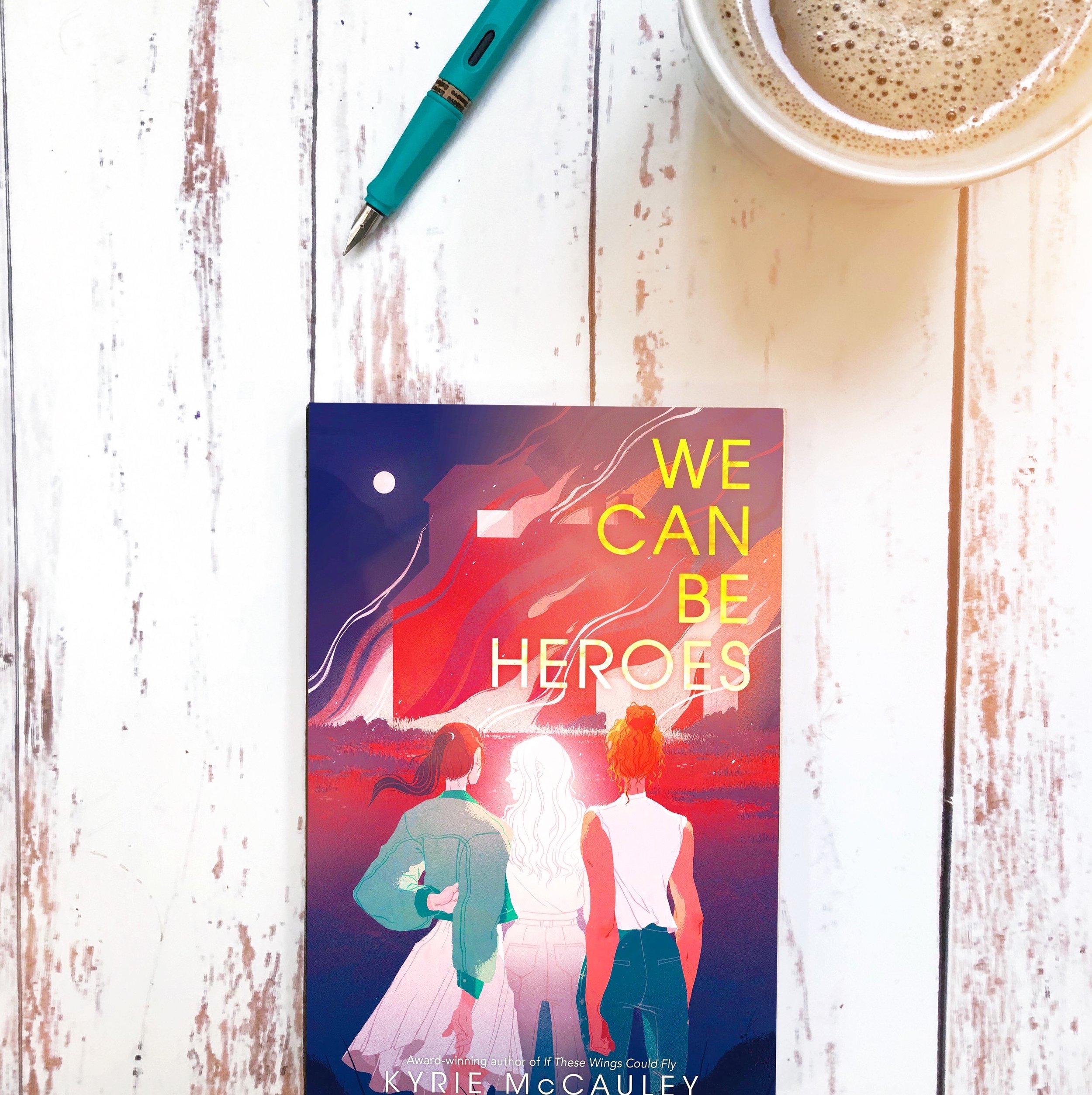






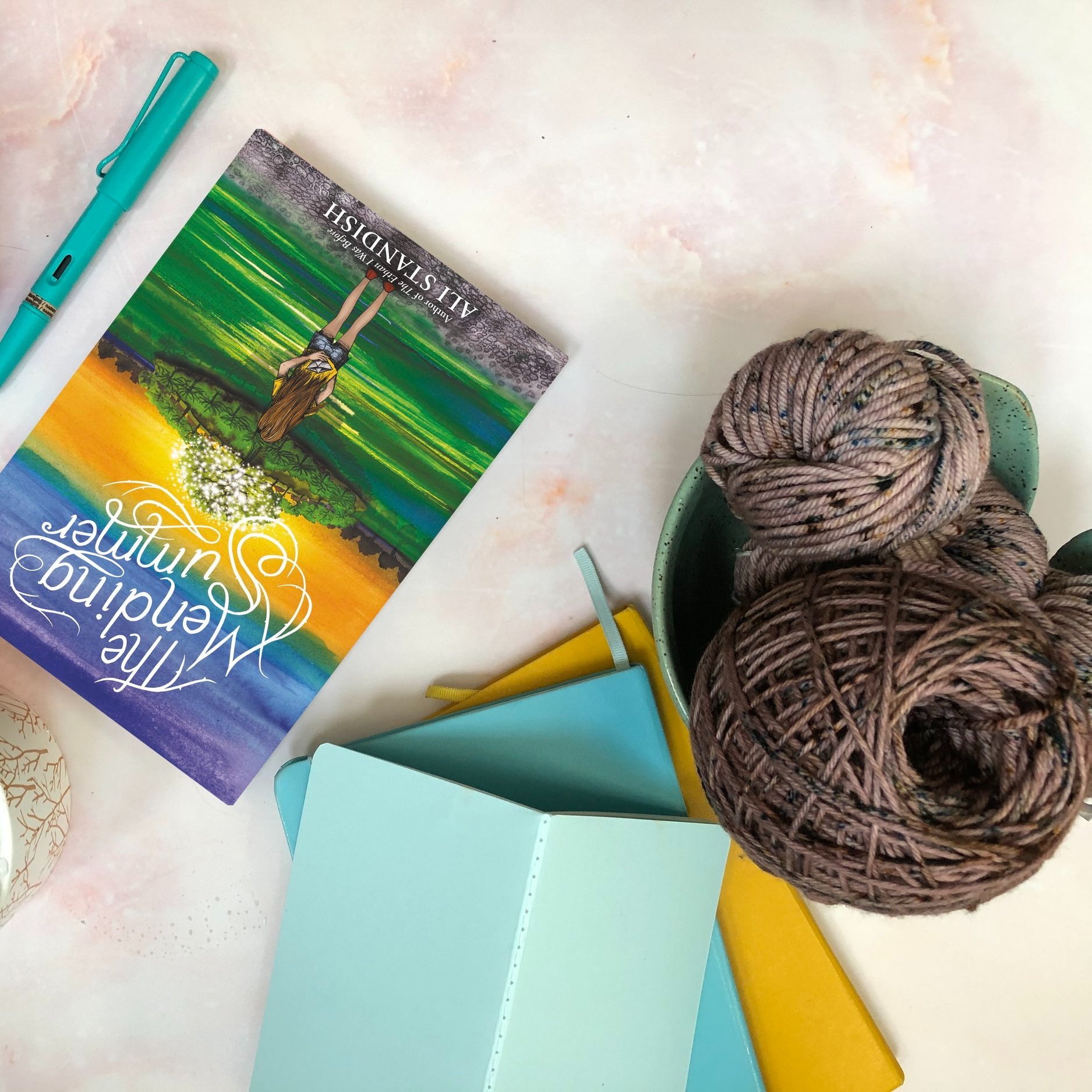











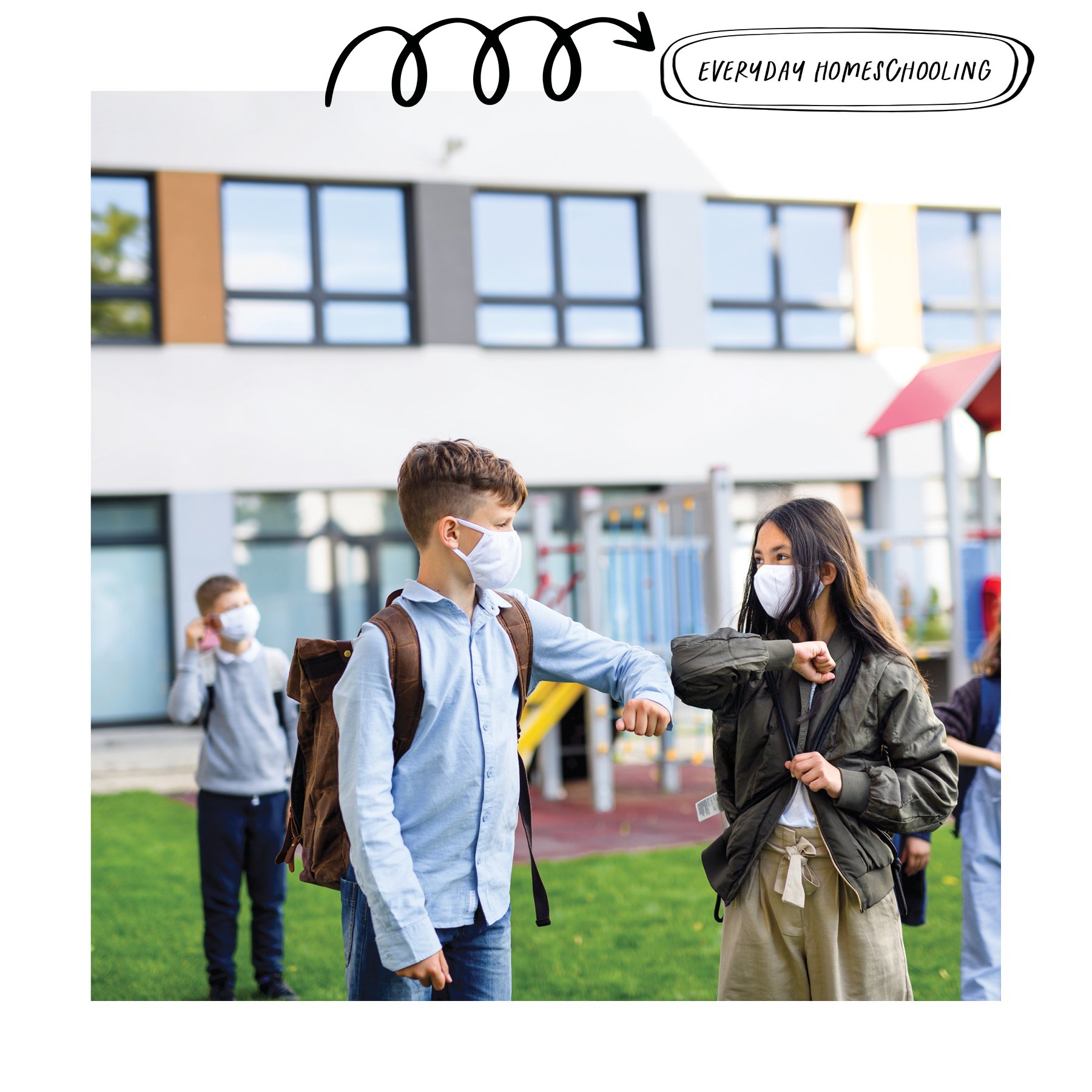























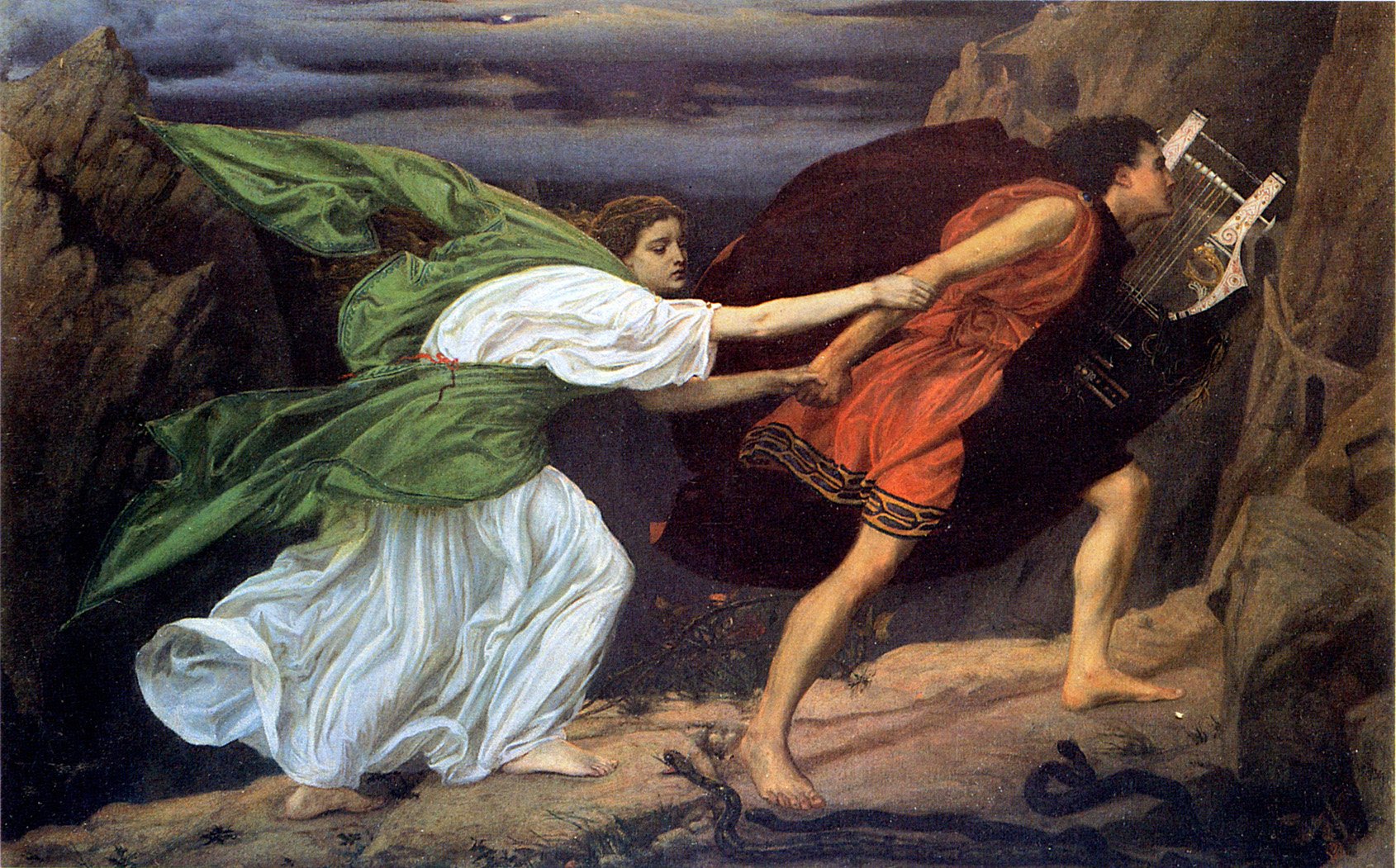
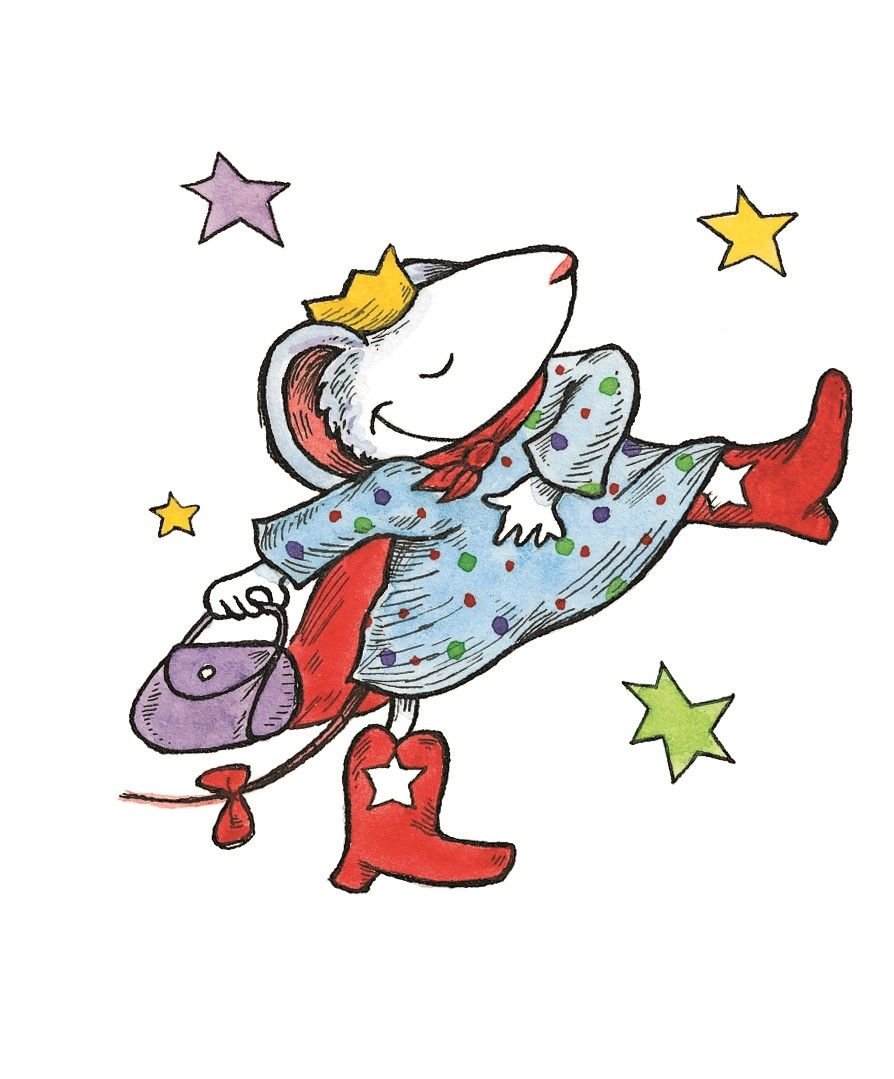
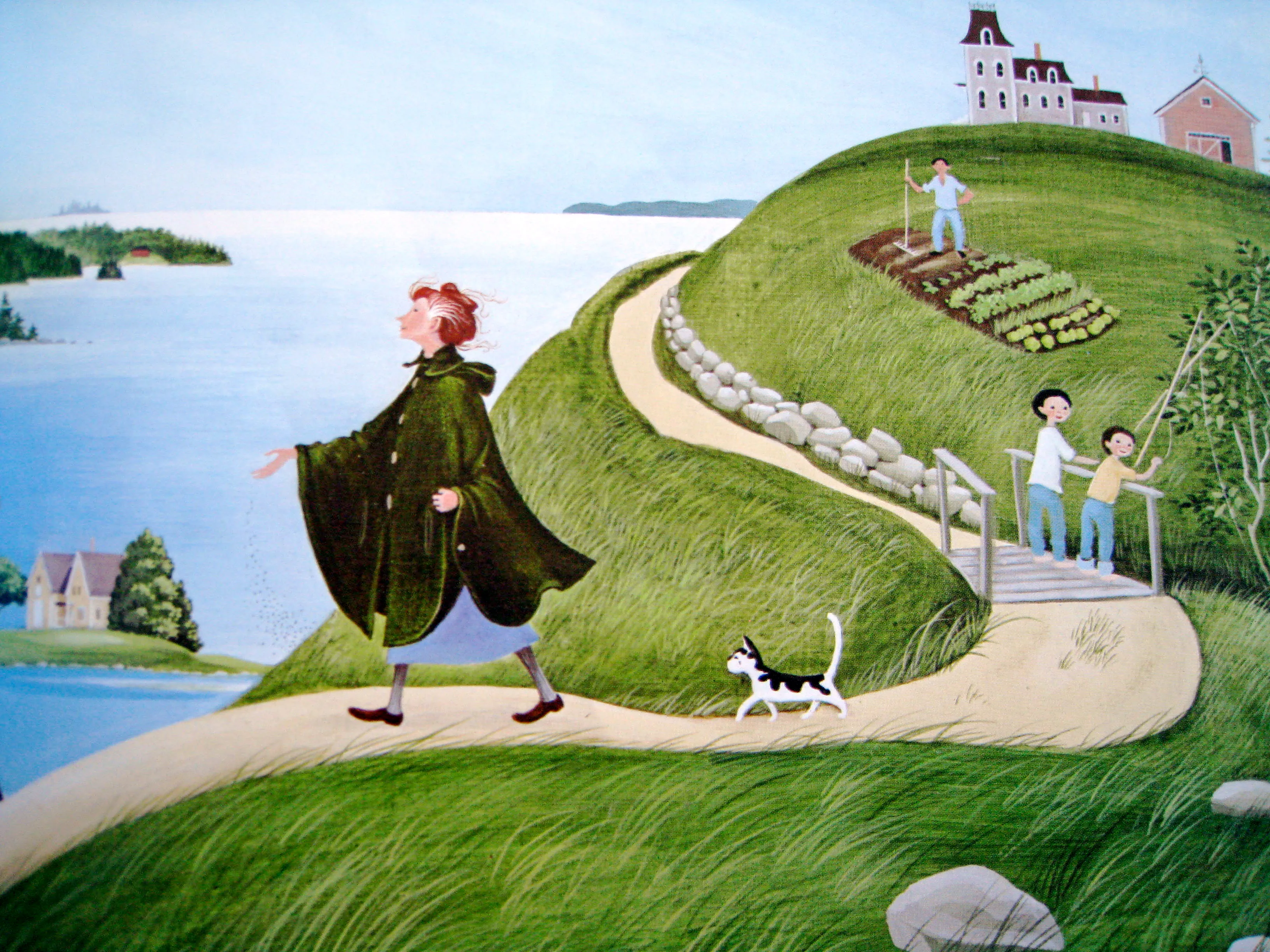





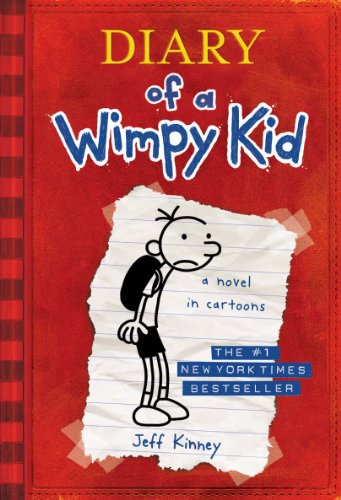




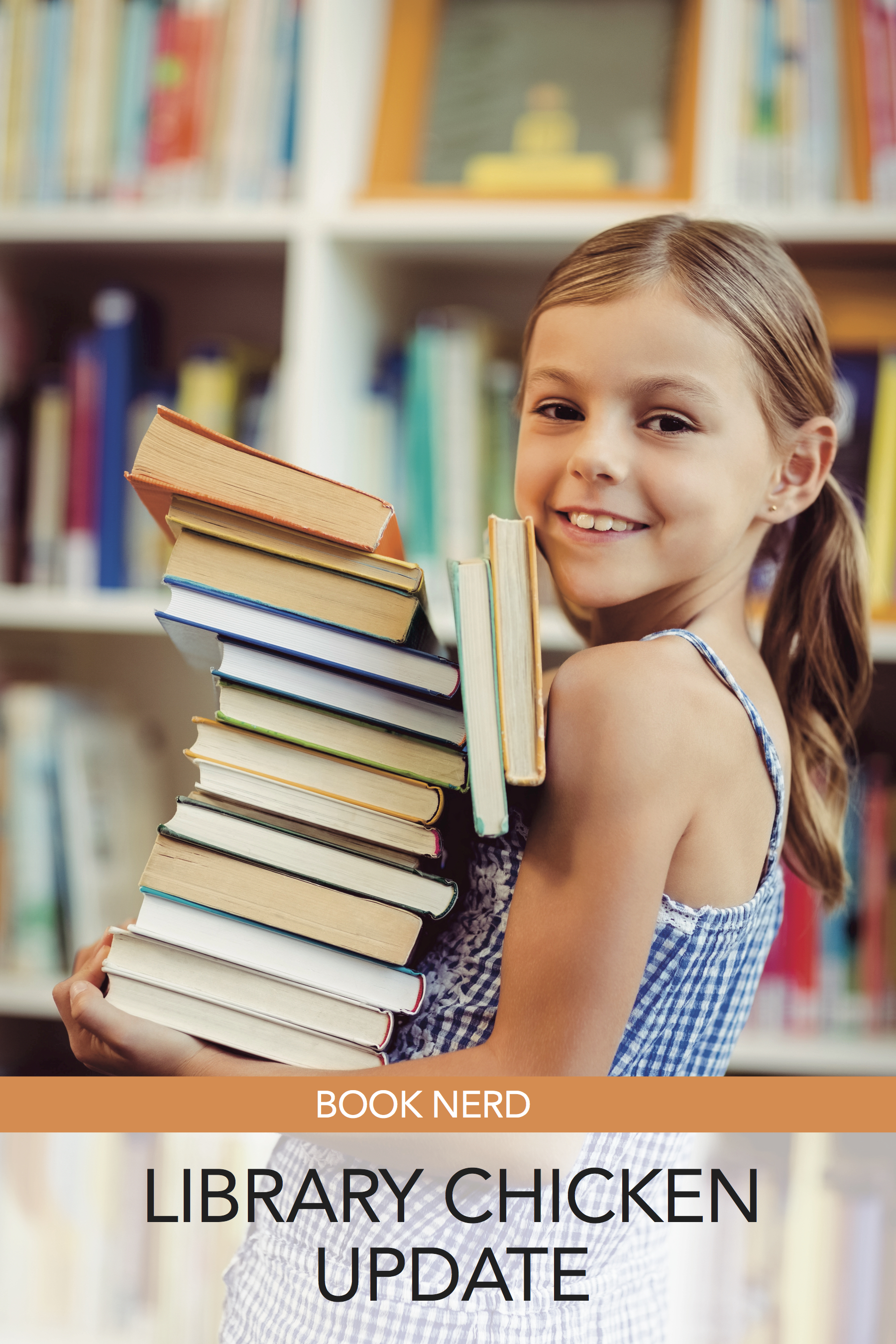



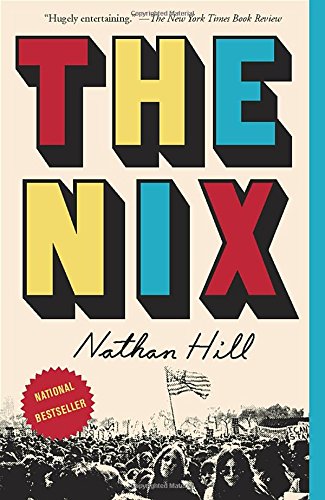


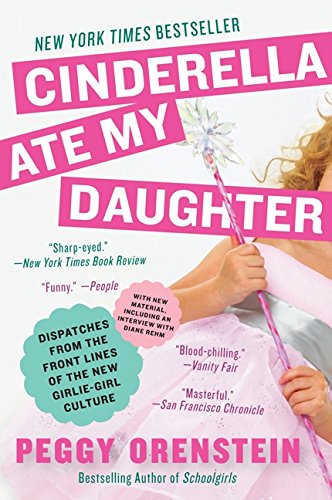
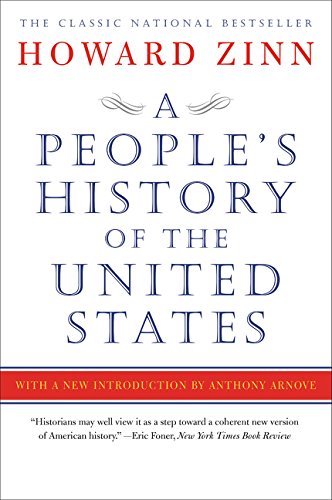










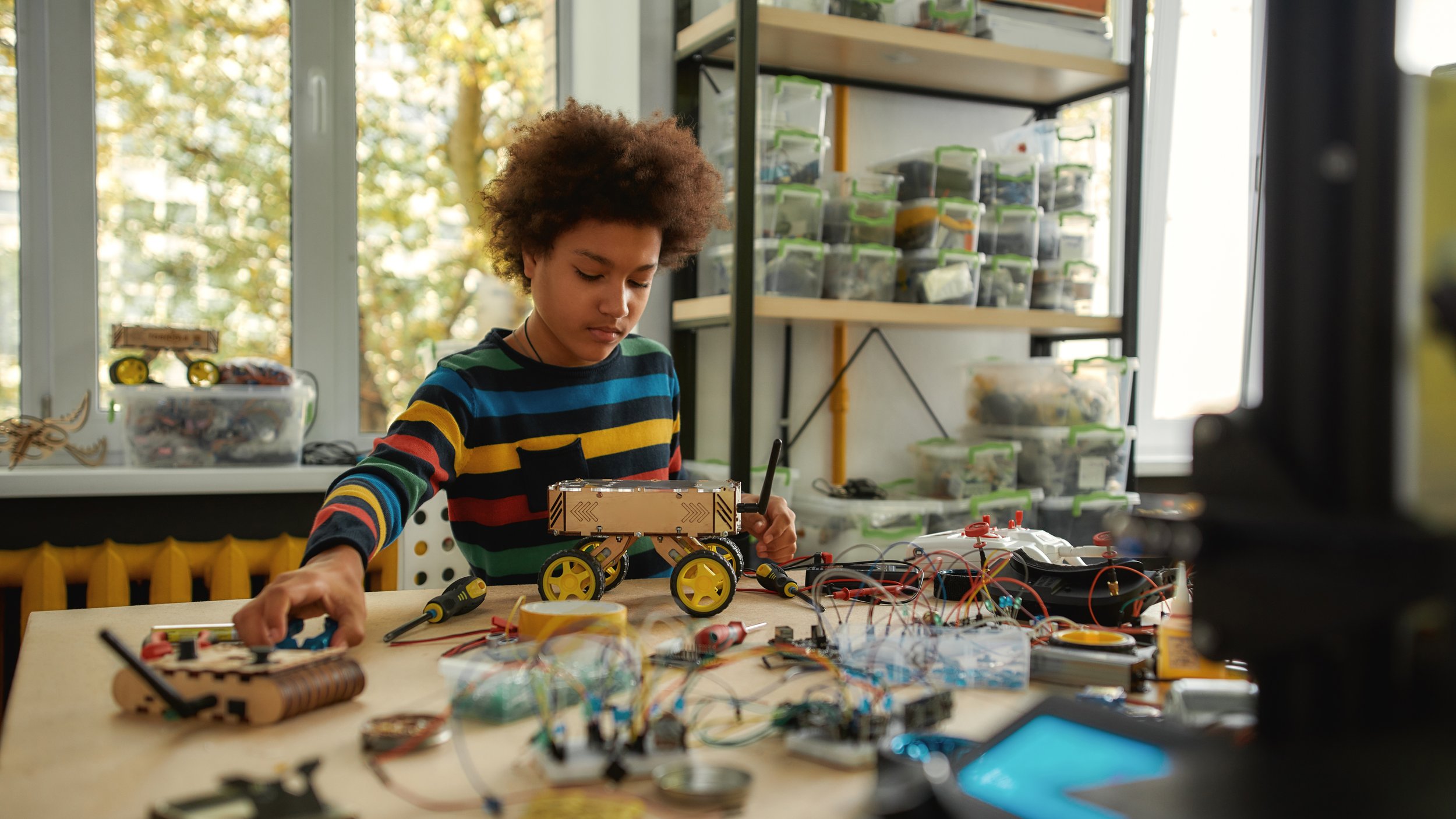

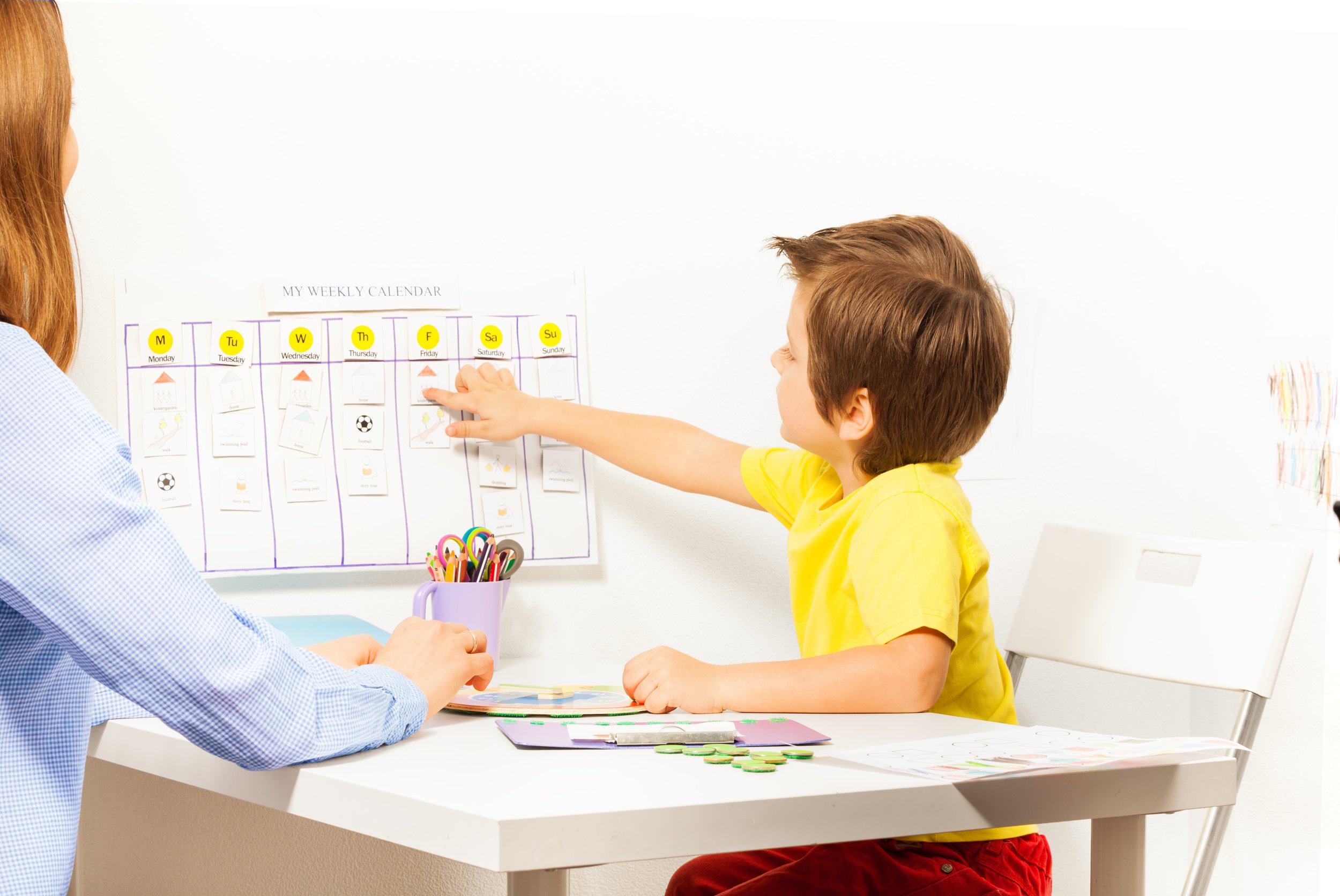







































AMY SHARONY is the founder and editor-in-chief of home | school | life magazine. She's a pretty nice person until someone starts pluralizing things with apostrophes, but then all bets are off.